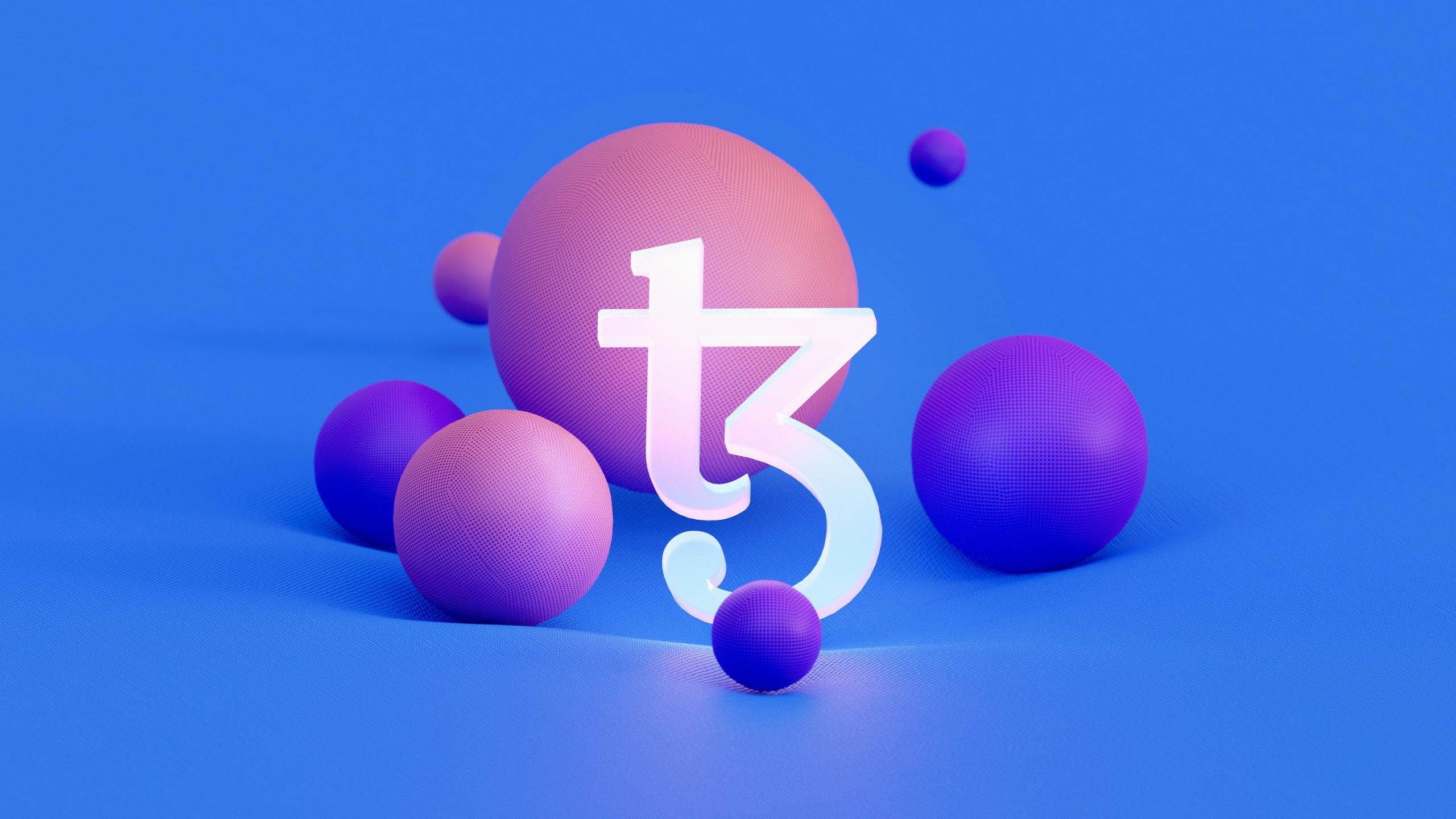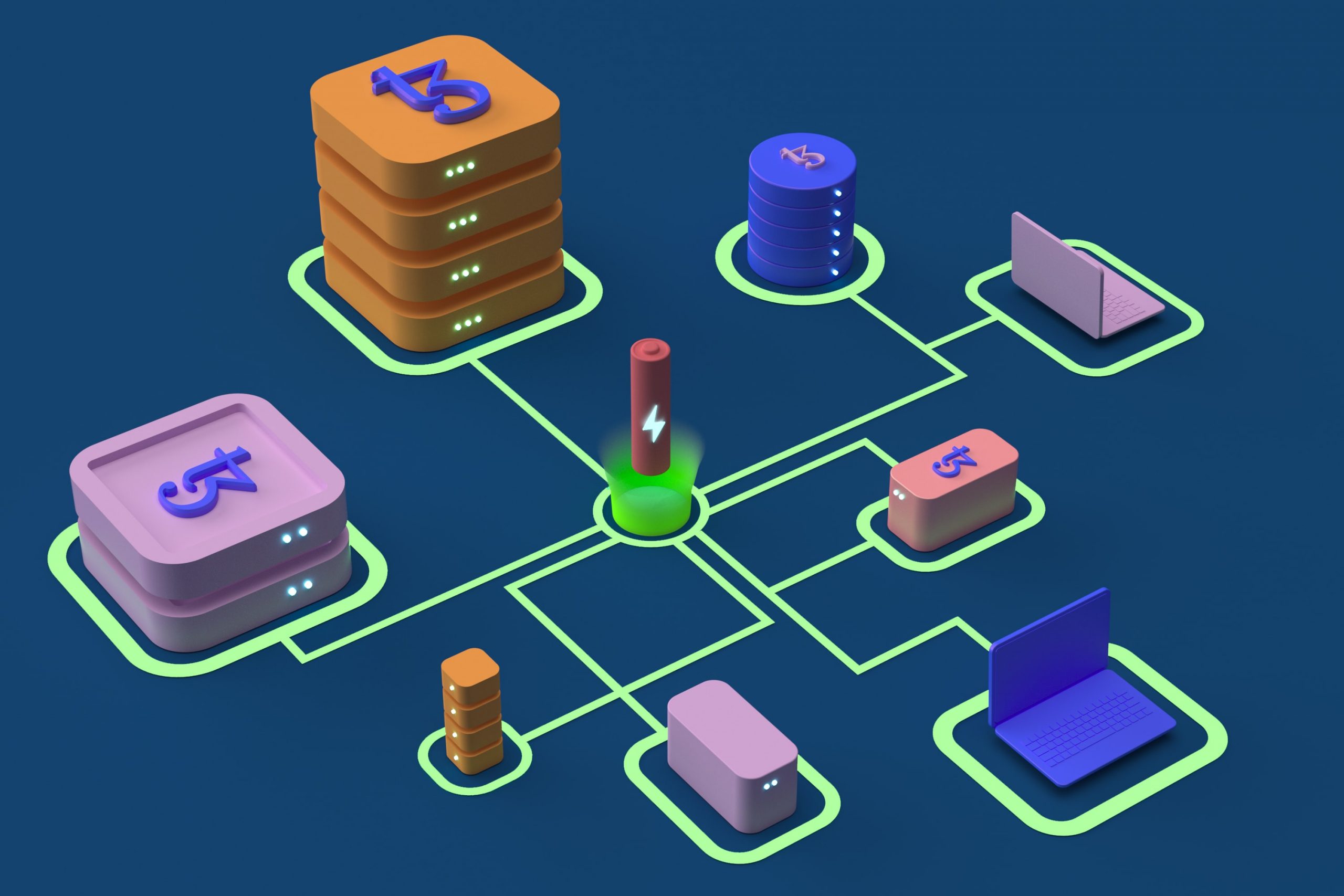Smart contracts are self-executing programmable contracts that encode an agreement between two or more parties. The terms of a transaction are written as a protocol that exists on a decentralized and distributed blockchain network system. Unlike traditional contracts, they do not involve paperwork or third-party validation. The contract is computer encrypted and compliance is ensured using blockchain technology. Smart contracts are validated autonomously after the contract terms have been concluded.
Functioning
Smart contracts are computer-coded blockchain applications. They work with pre-programmed terms and conditions that govern a transaction between two organizations. Terms are executed according to a condition-based principle. parties to act anonymously if necessary.
Some of the main features of smart contracts are:
- Compliance and control occur within the system without the involvement of any party. Smart contracts are executed automatically. They are independent.
- They automatically pull information from external data sources, thereby verifying themselves.
- Smart contracts are tamper-proof and add security as there are no intermediaries involved.
- They offer a faster resolution than manual processes and save time for both parties.
- Because of the transparency they offer, they remove trust issues from any contract.
- Smart contracts eliminate the need for third-party intermediation at the time of settlement.
- Smart contracts are free to run.
- They handle sensitive data securely, and all related data stays on the blockchain platform for future use.
- A cryptographic digital signature verifies participation in the contract, making it an ideal choice for high-end contracts.
Reshaping the financial sector
Smart contracts are on track to transform the way and the speed at which business is done across all sectors. The financial services industry is no exception. Smart contracts can be useful for the following processes in banks and financial institutions.
- Accurate Insurance Claim Processing
Verifying the eligibility of an insurance claim is a lengthy process. Reviewing the terms of a manual contract and validating the claim is time-consuming. Blockchain-based smart contracts offer the banking industry automated processing of insurance claims. Claim submission and automatic validation by the decentralized ledgers of the blockchain network. Reduces the risk of being compensated for fraudulent claims by the financial institution.
- Reduced Transaction Costs
Transactions governed by smart contracts are self-regulating. This facilitates cost-effective recording and reduces manual intervention, significantly reducing transaction costs in the long run.
- Real-Time Transfers
The advent of digital payment methods has increased the demand for a foolproof transfer system. Contracts make payment processing easier by enabling the real-time transfer of funds while maintaining accuracy and transparency. They also speed up the processing of transactions by allowing their autonomous verification.
- Greater Speed
Automating manual tasks with software code helps reduce transaction times. Helps speed up banking operations by reducing unnecessary manual processes.
- Transparent Auditing
Record keeping is essential to facilitate audits. Traditional contracts involve a lot of paperwork and banks need to invest resources to manage them. Blockchain-based smart contracts support advanced accounting tools. These are based on incorruptible codes that are distributed in the blockchain network. The solut





